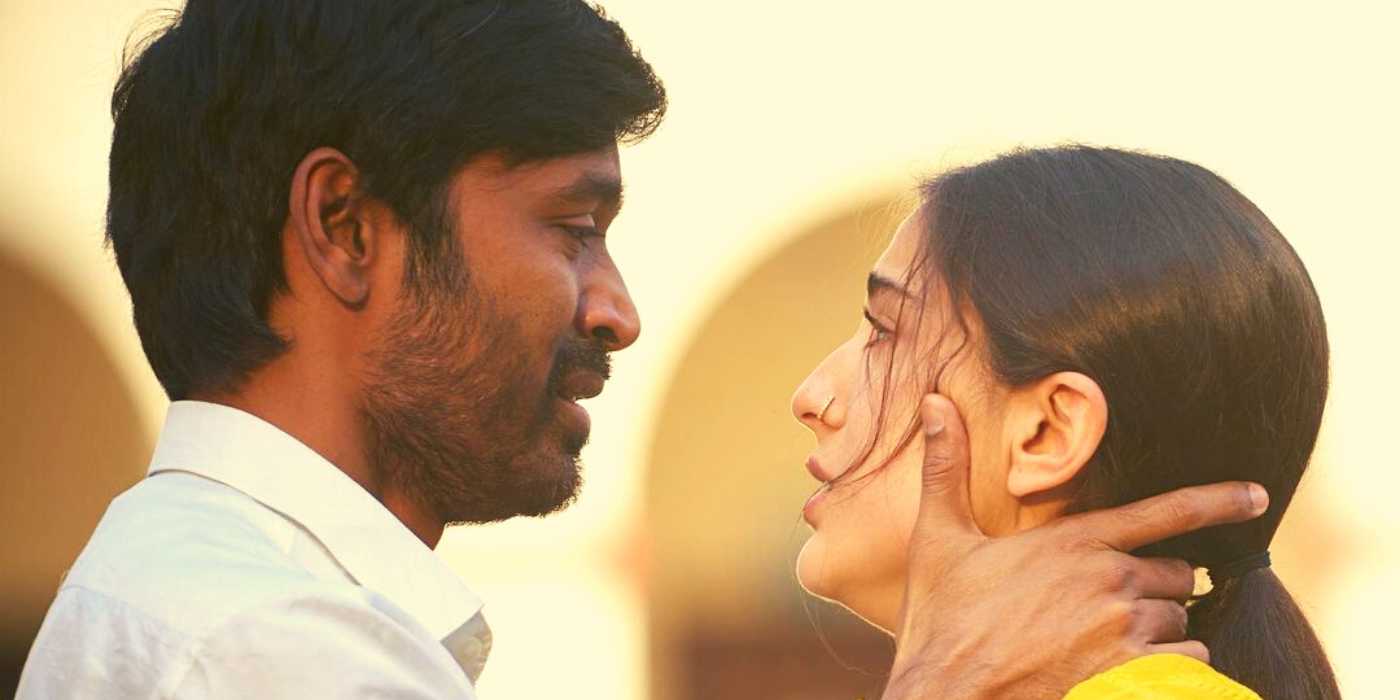Spoilers ahead!
At the start of the film Atrangi Re, Vishu’s (Dhanush) friend, Dr Madhusudan advises Vishu to mind his own business and says, “Dekho toh us ladki ko.. Tumhe lagta hai usko tumhari help chahiye?” I wish this would have been the advice he followed and the movie would have ended there and then. But instead, what we get is two hours of Vishu and his friends ‘helping’ Rinku (Sara Ali Khan) who is suffering from serious mental health disorders due to her traumatic childhood.
Mental Health is a serious problem in the world today, exacerbated by the isolation and uncertainty of the COVID-19 pandemic. Talking about mental health is the way forward as it will normalise the stigma surrounding it. However, there is a very fine line between normalising a conversation and trivialising it. Atrangi Re fails to understand this distinction and ends up presenting mental disorders as merely ‘atrangi’ or eccentric, instead of a serious and nuanced treatment.
Rinku has had a traumatic childhood having witnessed the killing of her parents in front of her eyes as they were an interfaith couple. When we first see Rinku in the movie, she is eloping with her boyfriend who no one has seen or heard of in years. Later in the movie, it is revealed that there is no boyfriend and Sajjad Ali Khan (Akshay Kumar) is just a figment of her imagination, who she has created to fill the absence of love and the trauma associated with her parents’ honour killing.
The twist is revealed to us when Madhusudan goes to meet Rinku and Sajjad and instead, witnesses Rinku talking to herself. He runs back to Vishu and in a span of minutes, diagnoses the problem and also, explains it by stating her childhood trauma. Anyone living in the real world would know that trauma is complex and layered and this instant diagnosis is not just wrong but also problematic. It is on the lines of Instagram therapists/influencers who give rudimentary explanations and cure issues that require serious treatment. When Dr Madhusudan said that medical science is the only hope, I heaved a sigh of relief. But then, it is only followed by random pill popping only to serve as some form of comic element in the movie.
Once the ‘problem’ has been diagnosed, Vishu and his gang of hostel friends all engage in a mad and triggering adventure to make her realise this. Everyone just keeps talking to Sajjad as if he was real. In one scene, they even pay strangers to lie and pretend to have witnessed a magic trick. This trope is unnecessary and dangerous if one is dealing with a mental health patient. Dr Madhusudan keeps chanting throughout the movie that “I am a psychiatrist, I know women” which is extremely problematic as there is a gendered angle to mental health and women suffering from issues are dismissed as being too emotional and hysterical. In one scene, Madhusudan organises a magic performance with the audience comprising of individuals suffering from Schizophrenia, OCD, Alzheimers, Bipolar Disorder and other illnesses and very matter-of-factly says, “Kisi ko Sajjad dikhe na dikhe, inko zaroor dikh raha hai”. It is almost as if all mental health patients have a cult and one person’s delusions and hallucinations are just shared by everyone else. In a country where mental health is not taken seriously anyway, this classification just builds and propagates a rather dangerous stereotype.
In all fairness, the film might have set out with good intentions to portray the transformative power of love and support for someone who is going through any kind of mental health disorder. But, it has to be supported by medication or some form of therapy. In the movie, the trauma just resolves itself in the climax as Rinku realises her love for Vishu. Humour, if used smartly, is also a great device to engage in serious topics but this movies just uses humour for the sake of it and underplays the gravity of the situation. The sensitivity in the treatment is missing in the movie and instead, what we get is just a superfluous and redundant portrayal of mental disorders.
The film is streaming on a major streaming platform. It does not have a trigger warning, so let this article serve as one.
Farnaz Fatima is a postgraduate student of Politics and is interested in the intersections of Gender, Mental Health and Popular Culture.
Featured image credit: Instagram/@saraalikhan95; Editing: LiveWire

